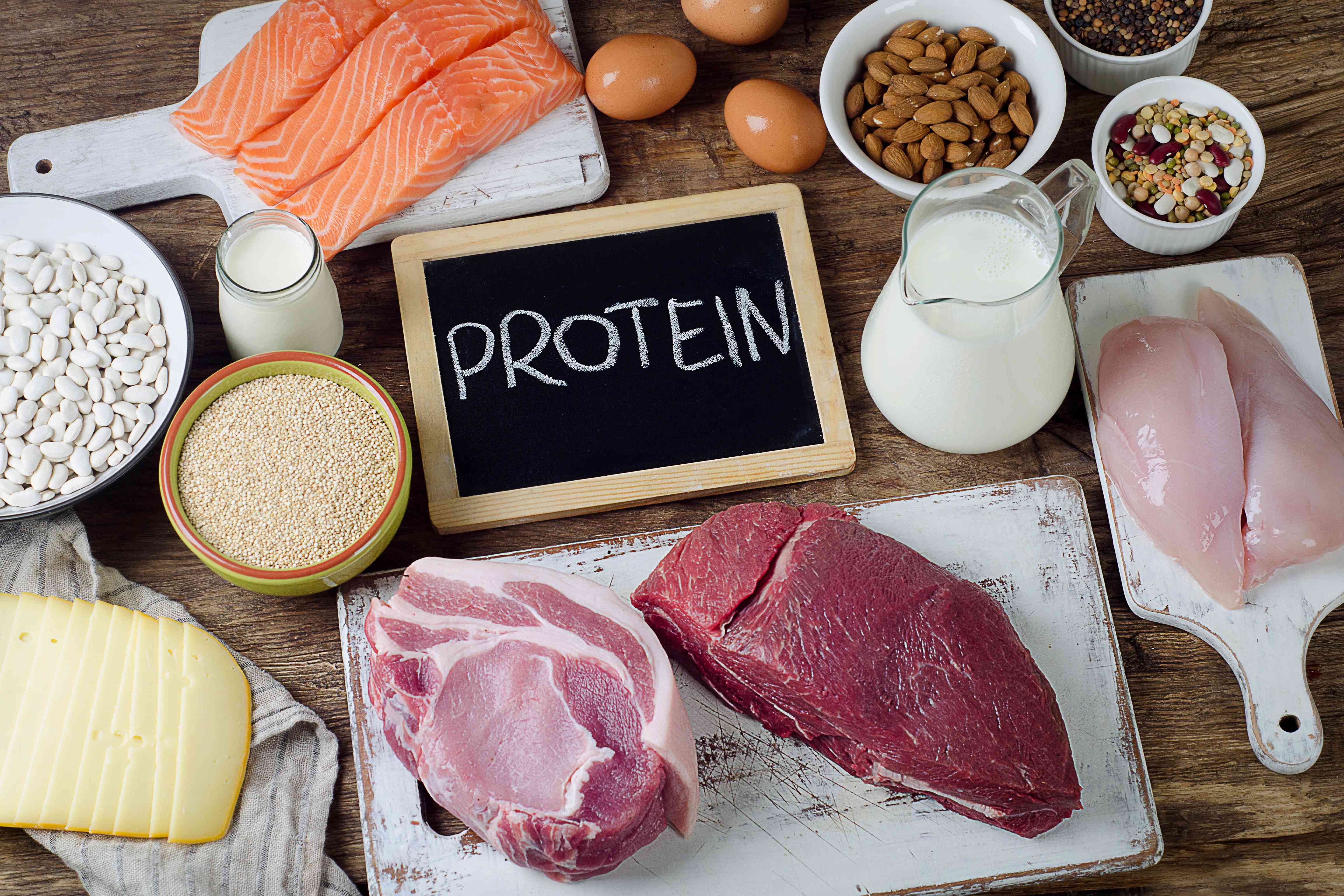

As you age, taking care of your health becomes increasingly important. A key aspect of maintaining overall well-being is proper nutrition. Contrary to common misconceptions, good nutrition isn't just for the young. No matter where you are in life, it's never too late to prioritize your health.
Meeting your daily nutritional requirements is essential for healthy aging. Nutrients such as macronutrients and micronutrients play a vital role in supporting bodily functions and promoting longevity. By understanding these nutrients and how they contribute to your well-being, you can make informed choices about what you eat and ensure you're giving your body what it needs.
So, let's dive into the world of nutrition and explore how meeting your daily requirements can help you age gracefully and live a vibrant life full of vitality.
As you age, prioritizing your nutritional needs becomes crucial for maintaining good health and overall well-being. Proper nutrition supports energy levels, cognitive function, and overall vitality. Despite common misconceptions, it's never too late to start prioritizing a well-balanced diet.
Macronutrients, such as carbohydrates, proteins, and fats, are essential for a healthy body. Carbs provide energy, proteins aid in tissue repair, and fats support brain function and hormone production. Daily intake varies based on age, gender, and activity level.
For adults aged 19-50, carbs should make up 45-65% of daily calories. Good sources include whole grains, fruits, and vegetables. Protein is vital for muscle maintenance, with a recommended intake of 0.8g per kg of body weight. Lean meats, fish, eggs, and dairy products are excellent protein sources.
Healthy fats, like avocados and nuts, should be consumed in moderation, replacing saturated fats from processed foods.
Micronutrients, such as vitamins and minerals, are crucial for bodily functions. Vitamin D maintains bone health, calcium strengthens bones and teeth, vitamin B12 supports energy and cognition, and iron aids the immune system.
Include foods like fatty fish for vitamin D, dairy products for calcium, lean meats for B12, and legumes or dark leafy greens for iron.
Understanding the importance of macronutrients and micronutrients and incorporating nutrient-rich foods into your diet supports healthy aging.
Hormonal Balance: As we age, hormonal changes affect our nutrient needs. Women in menopause benefit from phytoestrogens found in soy, flaxseeds, and legumes for hormonal balance. Men experiencing andropause should focus on prostate health, getting enough zinc from pumpkin seeds and lean meats.
Bone Health: Healthy bones are vital as we age. Aim for daily calcium from dairy, fortified plant-based milk, leafy greens, and canned fish with bones. Sun exposure and supplements can help with calcium absorption.
Cognitive Health: Protecting cognitive function is crucial. Omega-3s from fatty fish or plant sources like chia seeds and walnuts support brain health. Antioxidant-rich fruits and vegetables, such as berries and spinach, provide added cognitive support.
Staying well-hydrated is essential for maintaining good health as we age. Dehydration can have a significant impact on various bodily functions, including digestion, circulation, and temperature regulation. It's important to prioritize proper hydration to support overall well-being.
To ensure you're getting enough fluids, the general recommendation is to drink at least eight cups (64 ounces) of water per day. However, individual fluid needs may vary based on factors such as weight, activity level, and climate. A good rule of thumb is to aim for half your body weight in ounces of water each day.
But staying hydrated doesn't mean you have to rely solely on plain water. Fortunately, there are many delicious and hydrating options available:
Infused Water: Add slices of fruits like lemon, cucumber, or berries to your water for a refreshing twist.
Herbal Teas: Sip on caffeine-free herbal teas such as chamomile or peppermint throughout the day.
Coconut Water: Packed with electrolytes and natural sugars, coconut water can be a great way to replenish fluids after physical activity.
Soups and Broths: Enjoying a bowl of vegetable-based soups or broths can not only provide hydration but also contribute to your daily nutrient intake.
Active Adults: Increase protein intake to support muscle maintenance and recovery. Optimize performance with balanced pre-and-post-workout snacks. Stay hydrated during physical activity by drinking water throughout your workout.
Sedentary Adults: Practice portion control and mindful eating to maintain a healthy weight. Incorporate nutrient-dense foods into meals and engage in light physical activities like walking or stretching throughout the day.
Vegetarian or Vegan Adults: Pay attention to potential deficiencies in protein, iron, calcium, and vitamin B12. Include alternative plant-based sources in your diet, such as legumes, tofu, leafy greens, nuts, seeds, fortified plant-based milk, and nutritional yeast. Plan meals to ensure a well-balanced diet with all necessary nutrients.
To recap, meeting your daily nutritional needs is essential for healthy aging and overall well-being. Here are some key points to remember as you strive to maintain good health:
Make sure to consult healthcare professionals or registered dietitians for personalized advice based on your specific circumstances and health conditions.
Keep in mind that active adults have increased protein needs for muscle maintenance and recovery. Consider incorporating pre-and-post workout snacks with a balanced macronutrient profile.
For sedentary adults, portion control and mindful eating are crucial to avoid excessive calorie intake. Focus on including nutrient-dense foods in your meals and snacks.
If you follow a vegetarian or vegan lifestyle, be aware of potential nutrient deficiencies and find alternative plant-based sources of essential nutrients like protein, iron, calcium, and vitamin B12.
Stay hydrated by consuming an adequate amount of fluids every day. Incorporate water-rich foods and beverages into your diet for optimal hydration.
Remember, prioritizing your nutritional well-being is a lifelong journey. By making conscious choices and adopting healthy habits, you can age gracefully while maintaining good health.
Stay nourished, stay vibrant!
Now that you've learned about the nutritional needs of healthy adults and how to meet them daily, it's time to take charge of your well-being. Implement these tips into your lifestyle to support optimal health as you age gracefully.
Disclaimer: The information provided in this article is for general informational purposes only. It is not intended to be a substitute for professional advice, diagnosis, or treatment. Always consult with qualified healthcare professionals regarding any questions or concerns you may have about your specific circumstances. Reliance on any information provided in this article is at your own risk. We do not endorse or recommend any specific products, services, or treatments mentioned.
